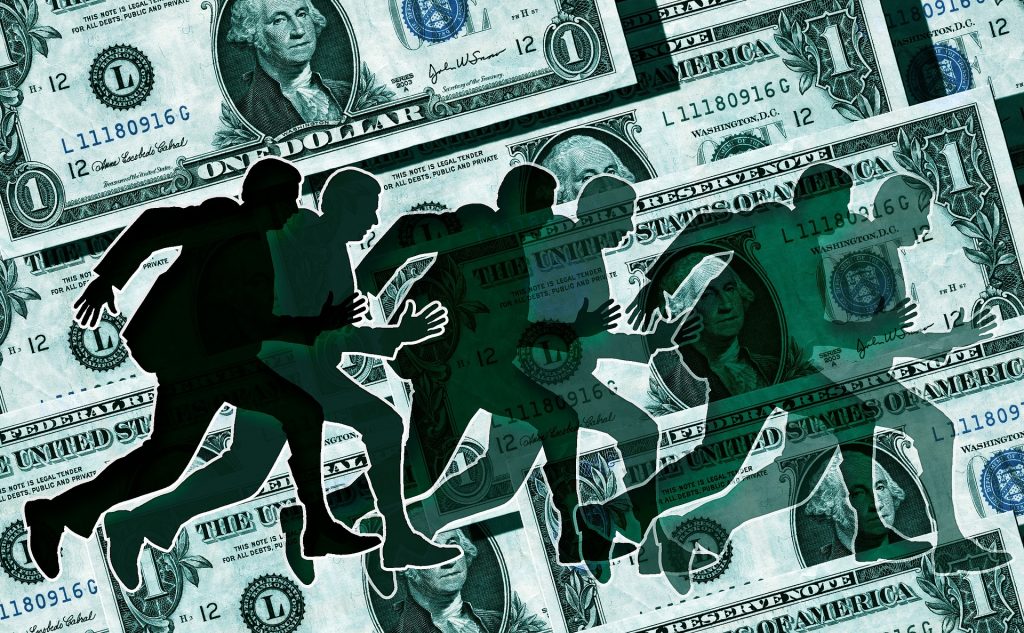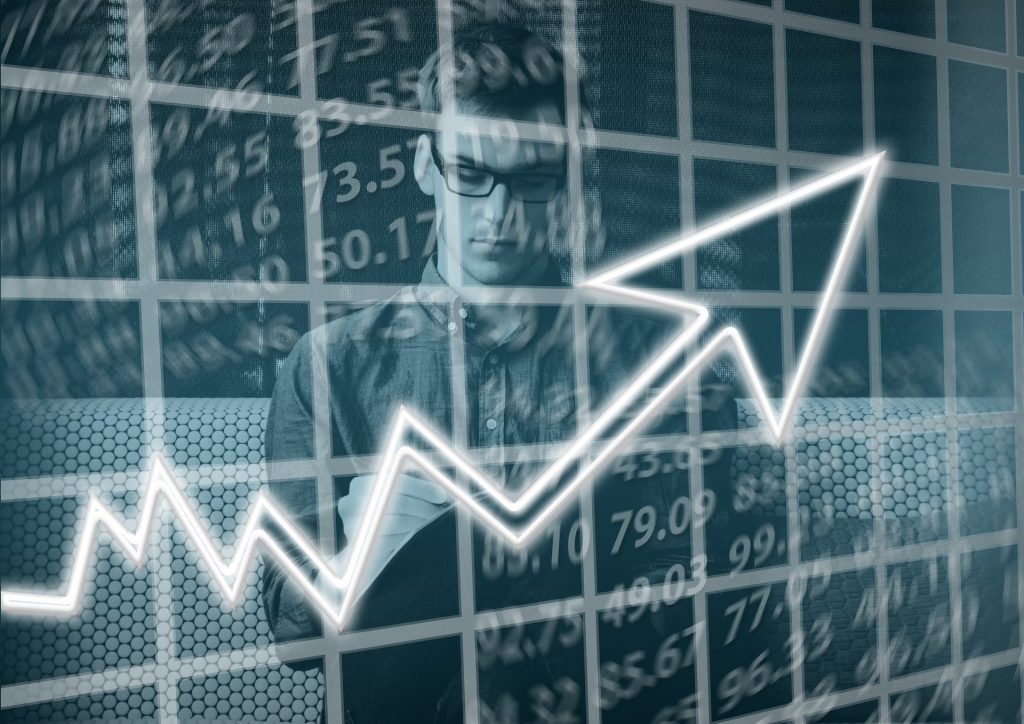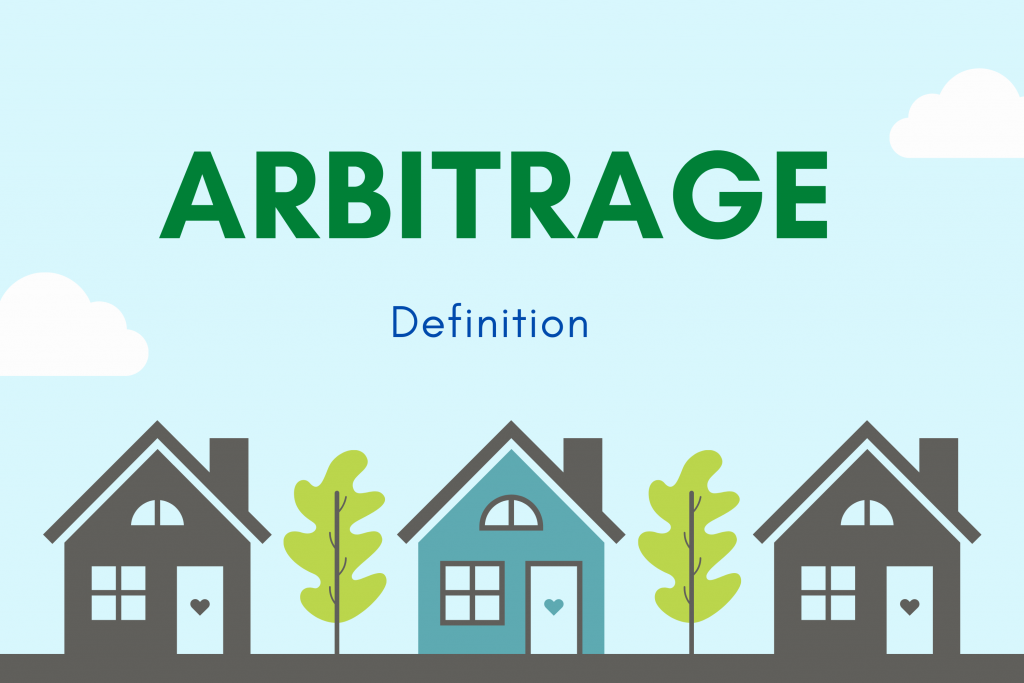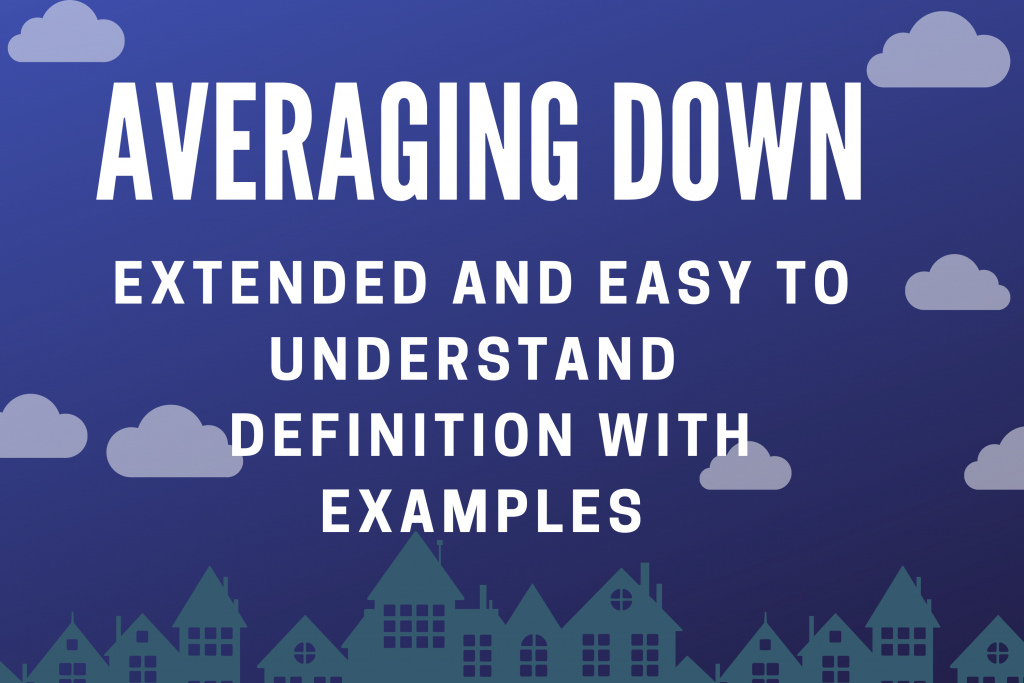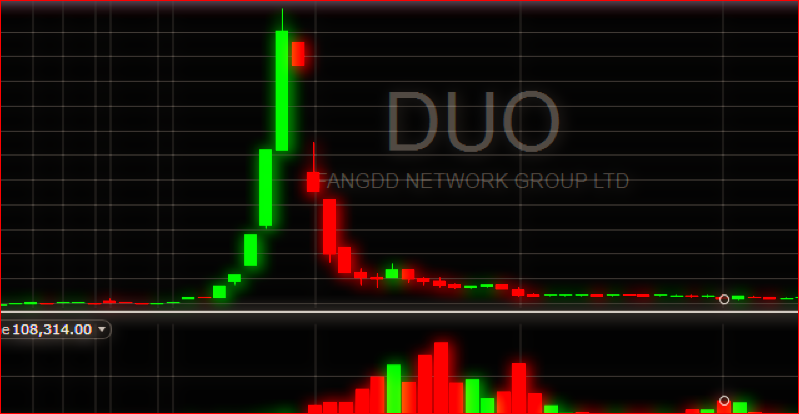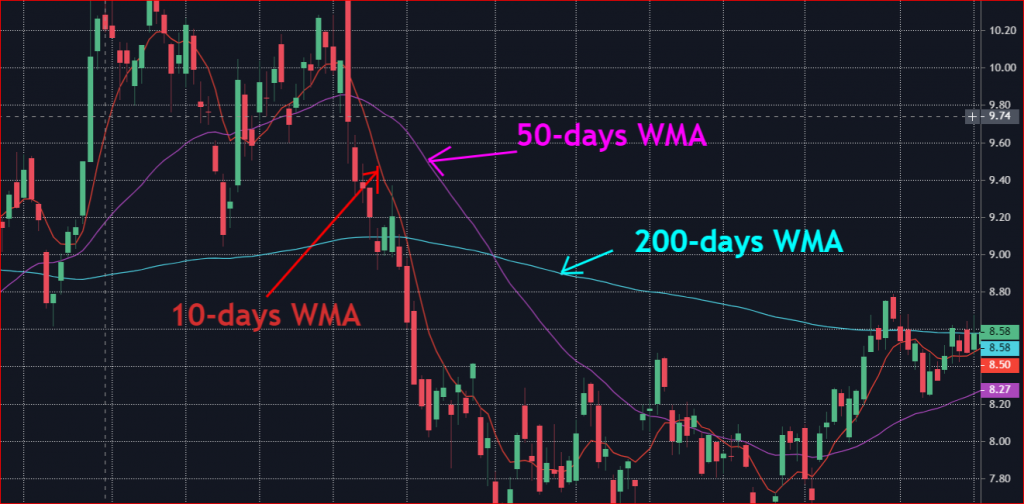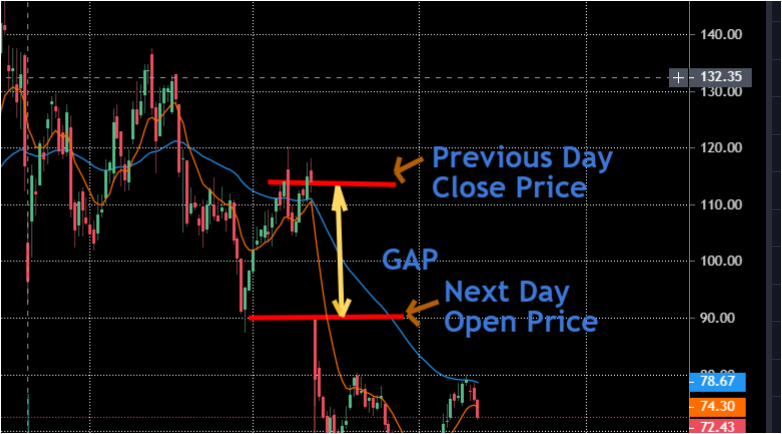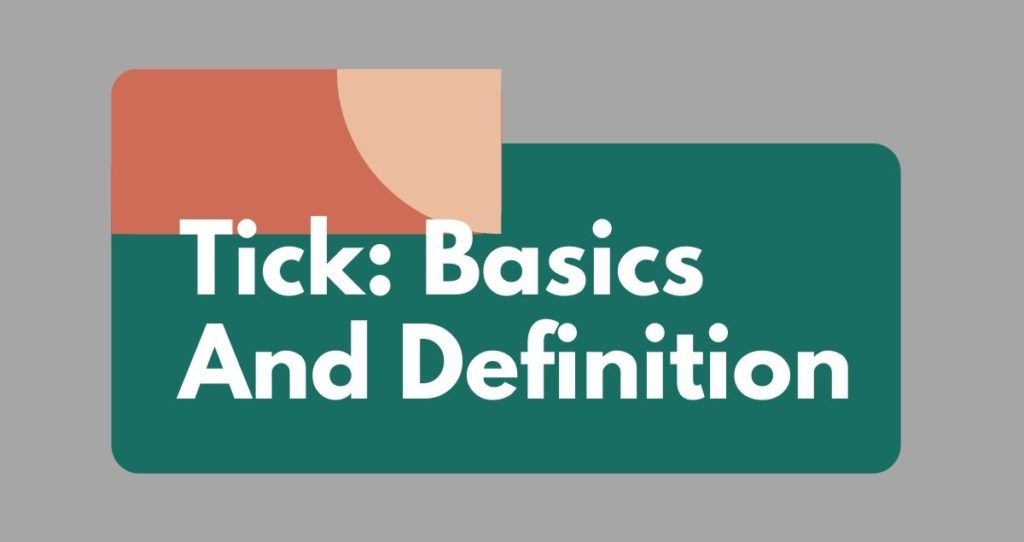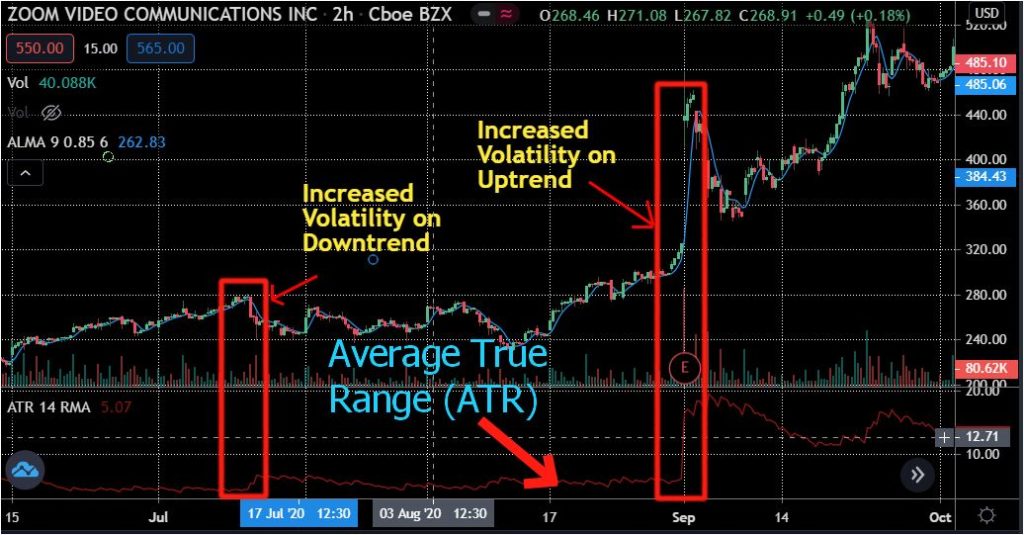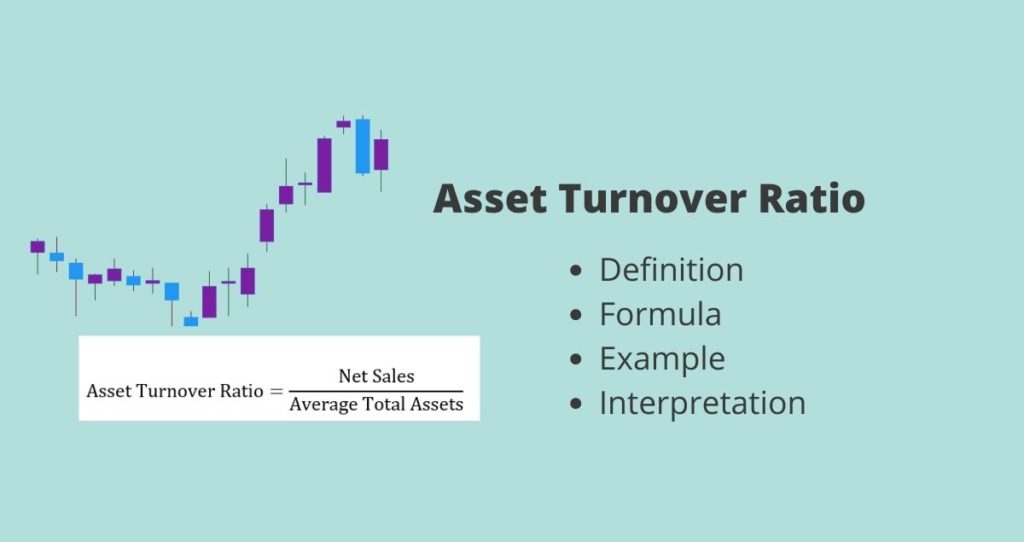What is an economic bubble?
An economic bubble is an economic condition created by high rises in prices of goods and services that exceed their fundamental values. The bubble is usually followed by a contraction or a recession. Extreme optimistic sentiments from investors about the economy cause a rise in prices.
When prices are too high and don’t make sense to many investors anymore, profit-taking activities start. This creates a major sell-off that causes an economic contraction or a recession.
Steps of an economic bubble
A financial bubble does not happen overnight. It takes a long time to shift investors’ sentiments toward excessively buying stocks and other goods at extreme prices. During the bubble, many investors fail to recognize that markets are no longer moving based on fundamental valuations.
As prices of goods and services continue to rise, the fear of being left out takes over. This drives prices much high until they can no longer rise.
There are 5 steps of an economic bubble
The following are 5 steps of an economic bubble.
- Displacement: Anything that comes into the market and changes investors’ sentiment and beliefs such as a new technology, all-time low-interest rates; can start the displacement. For example, during the dot.com bubble, everyone was going crazy about the internet and internet-based companies. Everyone wanted to be part of that new technology.
- Boom: This stage is where prices jump to extreme levels. They start very small and slow as people start noticing the change. Many people start buying into that new product or technology as they learn about it. This accelerates the momentum in the market to a level where everyone wants to go in. An uncontrollable buying behavior of goods and services causes a steep increase in prices.
- Euphoria: The norm no longer makes sense or applies to markets. So, investors forget about fundamentals and become speculators. They try to understand what is going on in the market by using new measures that help them to justify the rise in prices.
- Profit-taking: Nothing goes up forever. Even if it is difficult to time the top, some investors realize that they have made enough profit, and prices no longer make sense. As a result, they start taking profits by selling all their positions or downsizing in anticipation of a market crash.
- Panic: Are you still in the market? The moment people realize that the market can crash anytime, they start selling. I guess that is when it starts to crash. Some investors sell for profits whereas others sell to reduce losses. This panic accelerates the sell-off and prices drop at the same speed or faster than they rose. The market becomes unstable and the sell-off continues due to a high supply than demand. A sell-off of 10% or more from the market previous highs causes an economic correction. If the sell-off accelerated to 20% or more from previous highs, it becomes an economic recession.
Examples of economic bubbles
- U. S housing bubble that happened in the mid-2000s
- Dot.com bubble that started in the 1990s due to the internet and internet-based companies
- Japanese bubble happened in the 1980s
- ETC.
Source: Forbes, Investopedia, Pbs
